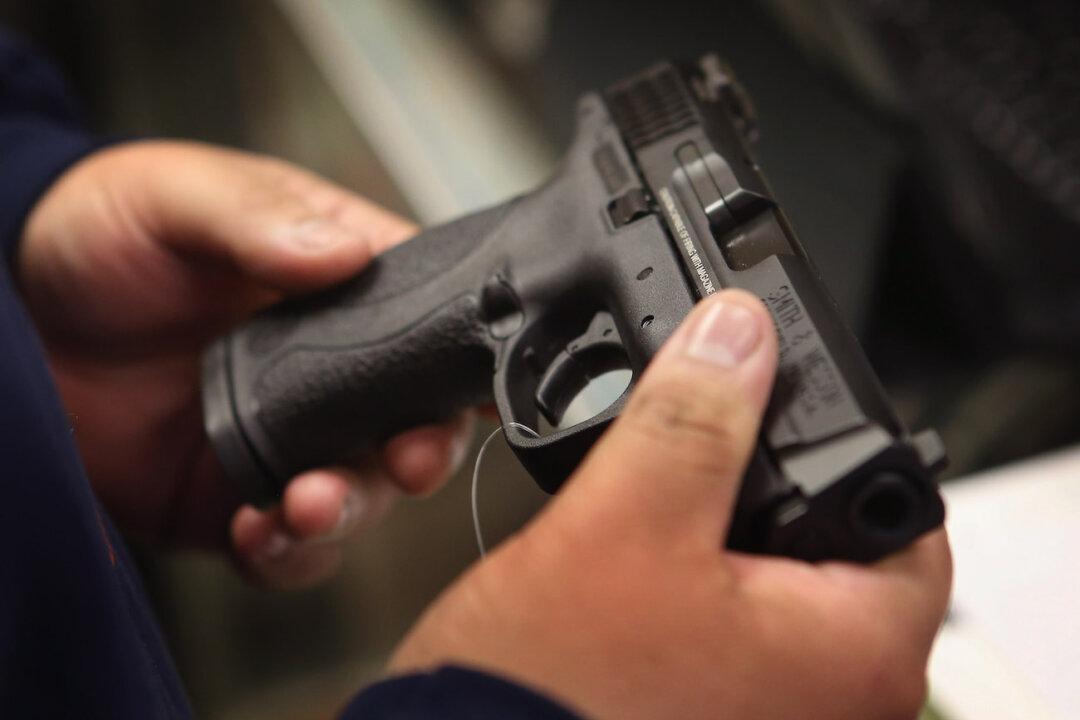A man who regularly uses an illegal drug can still own guns, according to an Aug. 9 federal court ruling.
Patrick Daniels Jr. of Mississippi was convicted in 2022 of violating a federal law that bars people from possessing a gun if they use a controlled substance, or an illegal drug.





